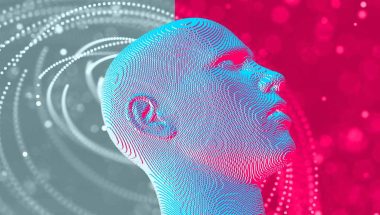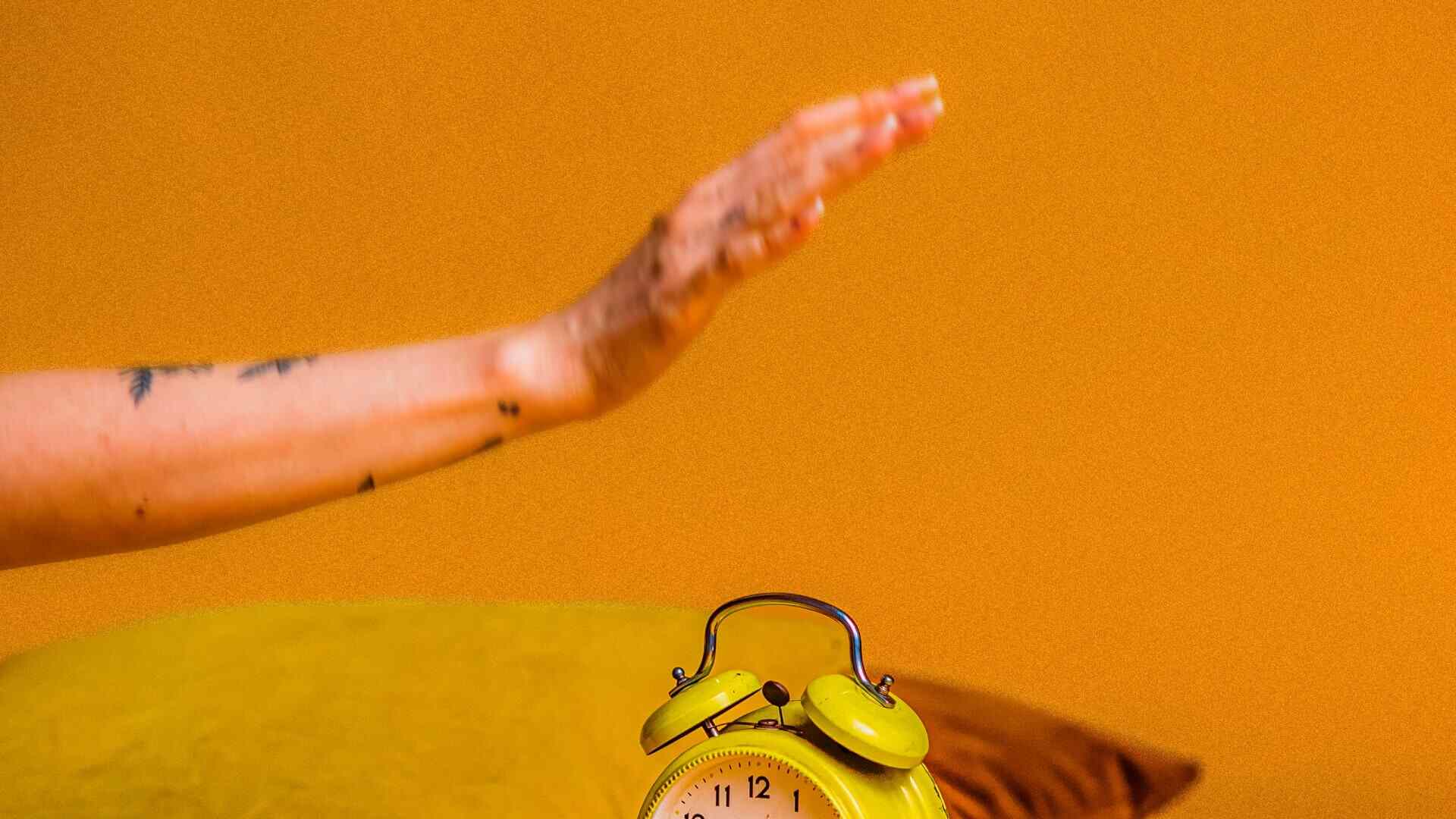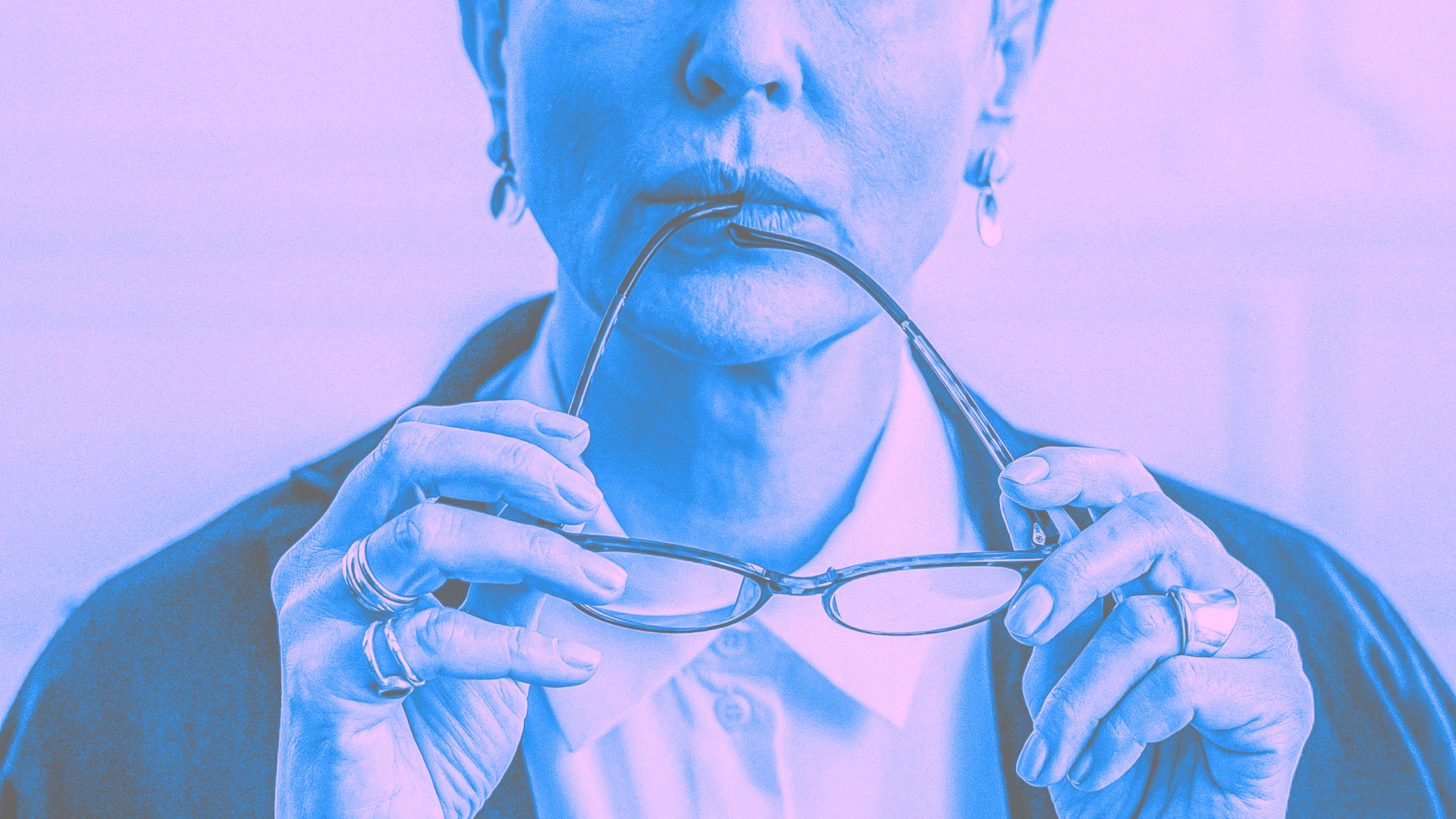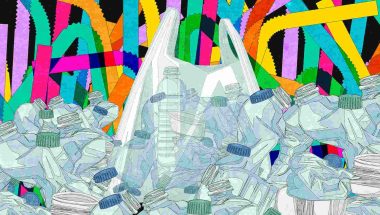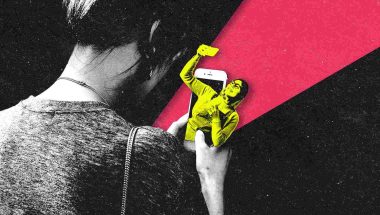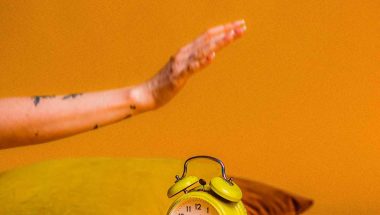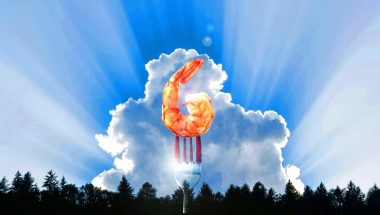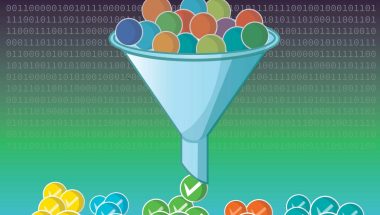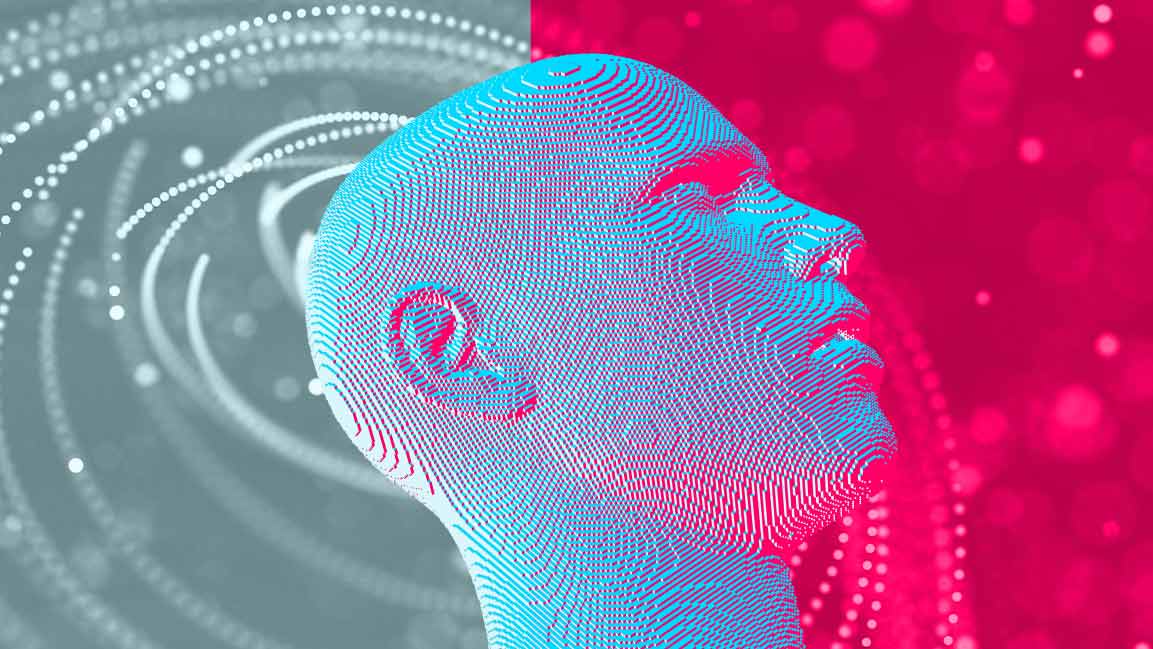- | 8:00 am
If you’re stuck in a rut, consider consulting this surprising group
You can accomplish much more by mixing people from different, but not totally disconnected, disciplines and asking for their thoughts.
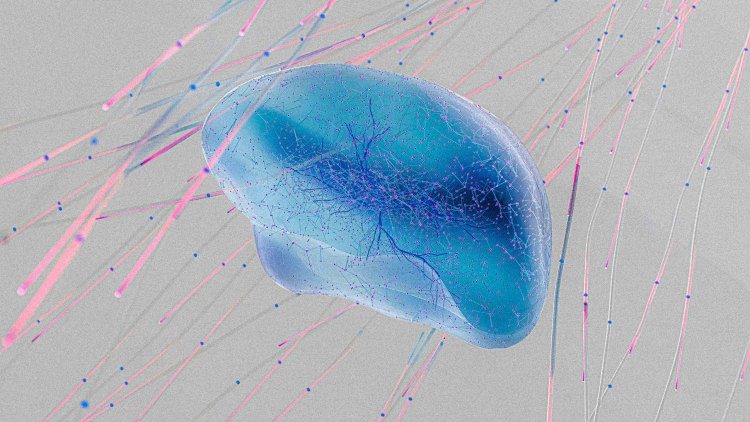
Did you hear the one about the vascular surgeon who walked into a plumbers convention?
Actually, it was a group of vascular surgeons and a group of plumbers, it wasn’t a convention, and this isn’t a joke. It’s one of the most intriguing stories I’ve heard from the world of mastermind groups—the mentoring collaboratives designed to provide support and advice among professional peers.
A mastermind group typically comprises members from the same discipline, whether writers or lawyers, accountants or manufacturers, surgeons or plumbers. But an alternative school of thought argues that more can be accomplished by mixing people from different, but not totally disconnected, disciplines.
At first glance, the fields of plumbing and vascular surgery seem as incongruous as bowling and parasailing. On reflection, however, it becomes obvious that both deal with flow through tubing under pressure. By engaging with practitioners from an entirely distinct but parallel profession, members of each group came away with new understandings and insights about their own.
Which brings us to our current addition to the Ethical Lexicon:
Orthogonal thinking (or·thog·o·nal think·ing/ awr-thog-uh-nl think-ing) noun
The practice of exploring diverse and seemingly unrelated fields of knowledge to produce unpredictable revelations about work and life.
On the surface, this seems counterintuitive. Many of us know from personal experience how striking out in too many directions is a sure formula for distraction and loss of focus. Even so, the occasional blurring of boundaries can reveal new perspectives and unanticipated insights.
One dramatic example is when a group of scientists crossed the line separating physics and biology, two fields appearing to have little in common. The meeting of minds among Max Delbruck, Francis Crick, Maurice Wilkins, and Erwin Schrodinger generated the first steps toward breaking the genetic code and eventually mapping the human genome.
Another story emerged when representatives from the private sector, public sector, and financing institutions came together to consider the plight of a billion people without access to safe drinking water. The result was WaterCredit, through which microlending organizations provide resources for individuals to finance innovative water and sanitation solutions.
And Jobs wasn’t the only visionary. Former Yahoo CEO Marissa Mayer says that people are “more collaborative and innovative when they’re together. Some of the best ideas come from putting two different ideas together.”
Here again, we find that the benefit of cultural diversity extends beyond mere representation. The ultimate payoff comes with diversity of thought. People from different backgrounds, different reference points, and different disciplines broaden and deepen the knowledge and wisdom of any community through brainstorming and even casual conversation.
Indeed, a crossover mindset has contributed to innovation in music, art, theater, cinema, and literature, tantalizing our imaginations and enriching our lives. In business as well, too narrow a focus can cost us opportunities that might have come to fruition if only we had widened the scope of our awareness.
This is no less true in technology than in any other field. As senior Google AI researcher Aekta Shah writes, “Exposing ourselves to a wide range of ideas beyond what is immediately in front of us day to day is our responsibility to the world—we need to understand the fullness of the world and not just be constrained to our narrow tech-spheres.”
On a recent podcast episode, one of my panelists asked me if a particular question was a matter of logic or ethics. I replied that we can’t be ethical if we’re not thinking logically. What’s more, we can’t be logical if we don’t have adequate information. And we can’t be confident that we have the information we need until we investigate all the angles.
That’s why both breadth and depth of knowledge are essential to acquiring wisdom, which is the source of ethical thinking. So go out and find people as far away as possible from your specialty (and your ideology) to talk to. If doctors and plumbers can learn from each other, imagine the revelations and insights available around every corner.







